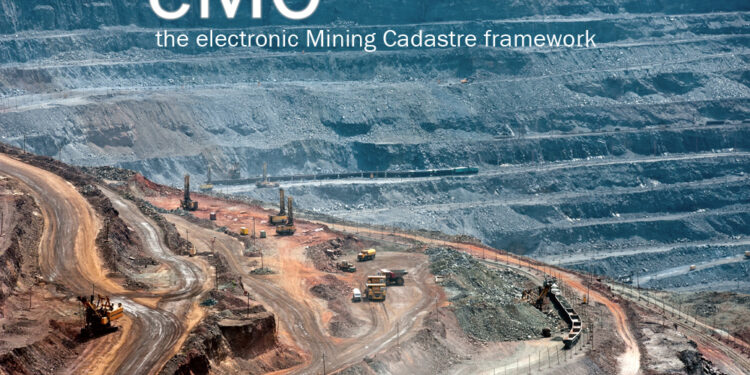Nigeria’s mineral title administration body, the Mining Cadastre Office (MCO) has concluded a capacity building retreat aimed at optimizing the use of its world class Electronic Mining Cadastre (eMC+) system launched November last year by President Muhammadu Buhari, first of its kind in the country.
The retreat which held in Abuja is aimed at bolstering staff mastery and understanding of the new technology in order to equip them with the knowledge to effectively put it into use. When achieved, it is believed this will pave way for a more affective management and administration of mineral titles.
“The essence of the retreat is to reposition the Mining Cadastre Office to meet up with current challenges. We have a new system that all of you are witnesses to, which is the eMC plus, we have to be able to adapt to it.
“We have to be able to review our system; we have to do a rethink and be able to look forward to the coming years.
“We know where we are coming from. We know where we are, we have to be able to now know where we are going. In view of that, there is need for staff to share knowledge and learn from such a retreat,” the Director-General of MCO, Engr. Obadiah Simon Nkom stated at the retreat.
The innovation helps mineral title applicants to submit and have their applications processed without necessarily having to be physically present in Abuja, a feat MCO says is in total compliance with the ease of doing business which the current government has consistently said it is poised to enhancing.
Since it was officially unveiled, about 40% percent of the total number of mineral title applications received from November 2022 to April 2023 were transmitted via the eMC+ system.
At the retreat which had as theme: “Repositioning MCO Through Attitude Transformation for Improved Productivity,” the MCO boss believes there has been an increase in the number of potential investors seeking to acquire titles as a result of this innovation.
He expressed the readiness of his office to continue to monitor progress with this innovation and its impact in the industry which is expected to be a revenue spinner for government, a significant component of the economic diversification drive.
The Chairman of the Economic and Financial Crimes Commissions (EFCC), Abdulrasheed Bawa while presenting a paper titled “Ensuing corrupt-free organization for excellent service delivery,” said corruption is a major factor affecting service delivery in Nigeria.
Represented by the Director of Internal Affairs of the commission, Mr Ahmad Abubaker, Mr. Bawa urged officials the MCO to work in line with global financial best practices, even as he highlighted that corruption is a major challenge inhibiting development of nations.
The EFCC boss urged participants to effectively carryout their responsibilities as stakeholders in order to promote a corrupt-free environment and ensure that services are delivered timely, fairly, honestly and in a transparent manner.



